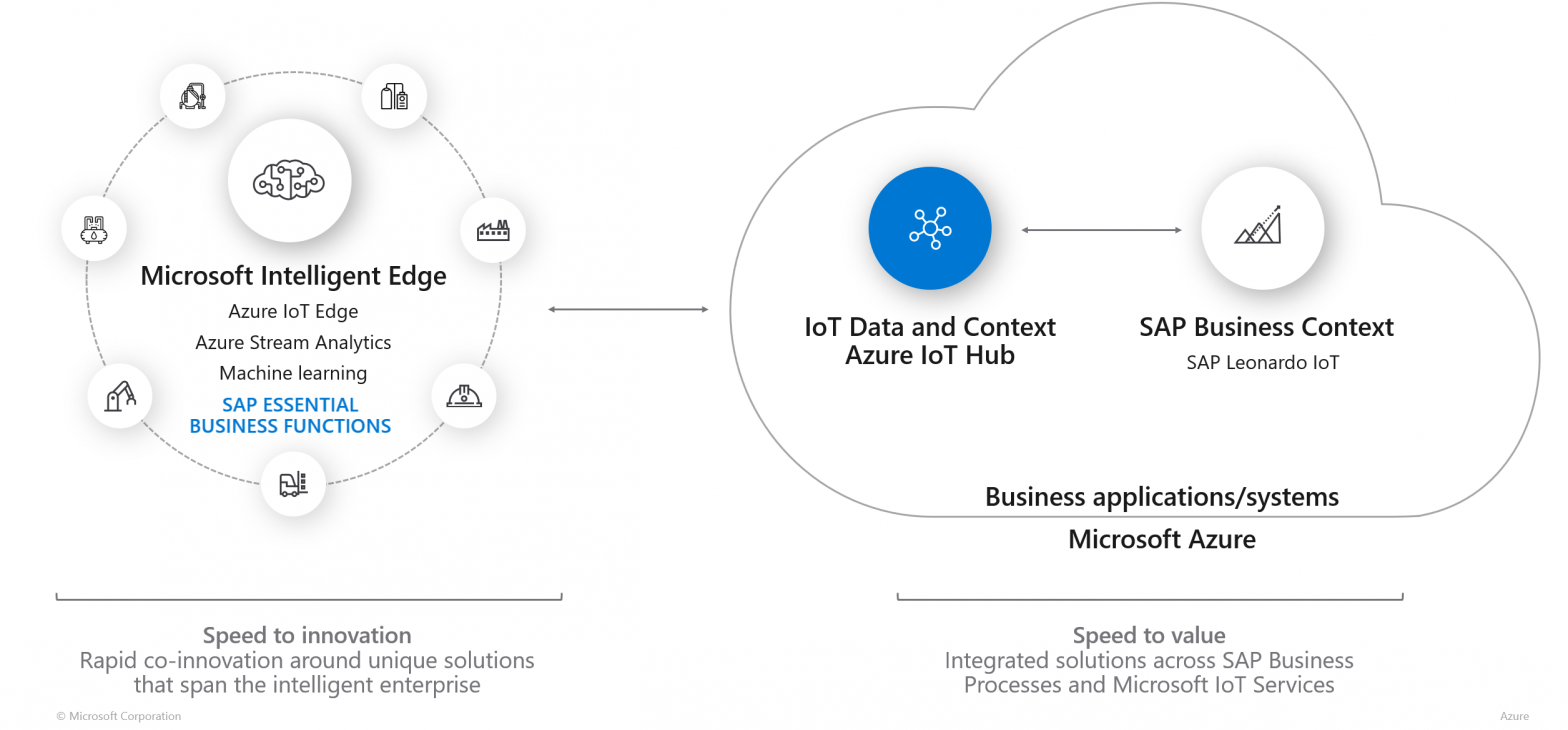Tag: big data
-
Models All The Way Down
Christo Buschek und Jer Thorp beschreiben für “Knowing Machines” einmal die Funktionsweise von “Large Language Models” (LLM).
-
Google Data Cloud Summit – Recap
Google’s Data Cloud Summit took place May 26th, 18PT. The summit is home to their big data products and offerings, that aim to help customers succeed in data driven businesses. Here is a summary of news and announcements: Dataplex, an intelligent data fabric. The product allows management of data across multiple sources, including data lakes,…
-
DataRobot announces Zepl acquisition
Zepl offers a data science and big data platform. The company was founded in 2014 to build a Jupyter like experience, with added collaboration capabilities. Today TechCrunch reports it’s acquisition by Boston-based DataRobot. DataRobot, the Boston-based automated machine learning startup, had a bushel of announcements this morning as it expanded its platform to give technical…
-
Talend to be Acquired by Thoma Bravo
Talend (NASDAQ: TLND), a leader in data integration and data integrity, to be acquired by private equity leader Thoma Bravo for approximately $2.4 billion. Source: Talend to be Acquired by Thoma Bravo in a $2.4 Billion Transaction
-
Sumo Logic aims to raise $310 million in US IPO
Sumo Logic plans to go public. The company offers log management services, along with analytics for the purpose of management and observability of IT Systems. The offer comes differentiated as a fully managed solution, delivered from the cloud. Now the company apparently plans for an IPO, reports Reuters: Source: Reuters – Big data firm Sumo…
-
SAP and AWS announce IoT interoperability
Meanwhile, after Microsoft announced their cooperation with SAP in IoT with Leonardo, AWS also announced tighter integration with SAPs business processes. via aws.amazon.com/blogs
-

SAP and Microsoft bring IoT data together
The previously announced cooperation shows first results. Particularly in form of Microsofts announcement of having integrated SAP Leonardo into their Azure IoT Hub. Source: SAP and Microsoft bring IoT data to the core of the business applications | Blog | Microsoft Azure
-
Amazon could write books.
Today in dystopian news: Amazon, the book selling department, controlling about 40% of the US book market, collects reading habbits from their sales and Kindle. By now the corporation knows enough about it’s customers it could be generating best selling books. Spookey. And potentially game changing, when machines replace creative professions. Amazon has the ability…
-
Building an ETL Pipeline in Python
Python ?: link.medium.com/SwkKHyKrzR
-
The terrifying, hidden reality of Ridiculously Complicated Algorithms
Leseempfehlung: Ein Journalist spricht mit einem anonymen Big Data Engineer/Analyst über die Komplexität von Algorithmen. Wie erschreckend die Abhängigkeit von undurchschaubaren Komponenten geworden ist gegenüber dem Einfluss den Maschinen damit auf unser Leben haben. Man kann das auch als Laie verstehen, wie ich meine, selbst mein Verständnis von Big Data reicht nur so weit als…